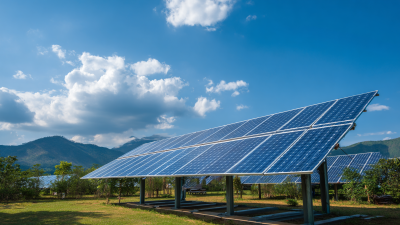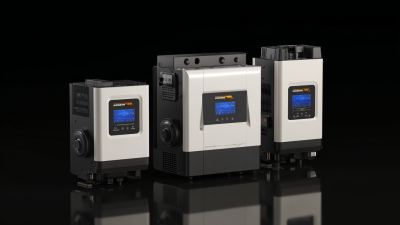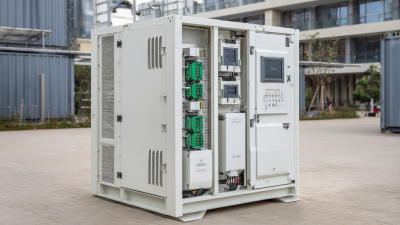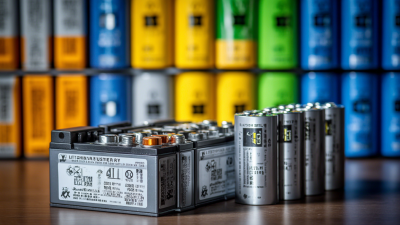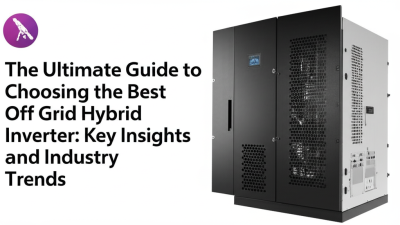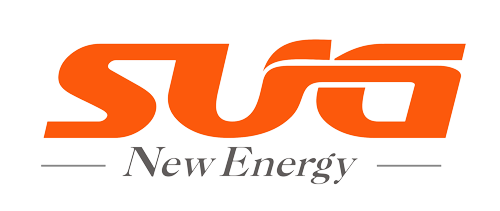
The growing demand for sustainable energy solutions has led to an increased interest in Off Grid Hybrid Inverters, which integrate various power sources and provide flexibility in energy management. According to the International Energy Agency (IEA), renewable energy sources are projected to account for nearly 30% of the global electricity supply by 2025, highlighting the urgent need for efficient energy storage and conversion technologies. Off Grid Hybrid Inverters play a pivotal role in this transition, enabling users to harness solar, wind, and battery power effectively, even in remote locations. As more individuals and businesses seek to reduce their carbon footprint, understanding the intricacies of Off Grid Hybrid Inverters becomes essential. This comprehensive tutorial aims to address common problems associated with these systems, empowering readers with the knowledge needed to optimize their sustainable energy strategies.

Off-grid hybrid inverters are essential components for those seeking sustainable energy solutions outside the traditional power grid. What sets them apart is their unique ability to combine different energy sources, such as solar, wind, and diesel generators, offering flexibility and efficiency in energy management. Unlike standard inverters, which primarily convert DC electricity from solar panels to AC for household use, hybrid inverters can interact with multiple input sources, enabling the user to maximize energy generation while minimizing reliance on fossil fuels.
One significant advantage of off-grid hybrid inverters is their capacity for energy storage integration. They can charge batteries during peak energy production times, which can then be utilized when energy demand exceeds generation. This feature not only enhances energy security but also reduces dependency on grid connections. Additionally, many advanced models come equipped with smart management systems that monitor energy production and consumption in real time, allowing users to optimize their energy usage effectively. With this understanding, it becomes clear why off-grid hybrid inverters are pivotal in the transition towards sustainable energy solutions.
When considering an off-grid hybrid inverter for your sustainable energy needs, it’s essential to evaluate several key features that can significantly impact performance and efficiency. First and foremost, pay attention to the inverter's power rating, which determines how much energy it can convert and supply at any given moment. It's essential to choose an inverter that can handle your load requirements, especially during peak usage times. Additionally, look for inverters that offer a wide input voltage range to accommodate differing energy sources like solar panels and wind turbines.
Another crucial aspect to consider is the inverter's built-in features for energy management. Many modern off-grid hybrid inverters come equipped with smart technology that allows users to monitor and optimize energy consumption in real time. Features such as automatic transfer switching and integration with battery storage systems can greatly enhance efficiency by ensuring that energy is utilized optimally. Lastly, consider the inverter's compatibility with different renewable energy sources—versatility can provide you with more options and resilience in your energy setup, allowing for a truly sustainable and self-sufficient energy solution.

When considering off-grid hybrid inverters, three critical factors come into play: efficiency, cost, and performance.
Efficiency is paramount for maximizing energy output. Look for inverters with high conversion rates to ensure that more of the solar energy collected is utilized effectively. It's advisable to select models with MPPT (Maximum Power Point Tracking) technology, as they adapt to varying sunlight conditions and optimize energy harvest throughout the day.
Cost is another vital aspect to evaluate. While it may be tempting to go for the cheapest option, consider the long-term savings that an efficient inverter can offer.
Investigate warranty periods and customer reviews; a higher upfront investment in a quality inverter often leads to lower maintenance and replacement costs over time. Don't forget to factor in installation expenses, which can vary widely depending on your location and system complexity.
Lastly, performance is crucial for the reliability of your energy system. Assess the inverter’s features, such as battery management capabilities and adaptability to different power loads.
Investing in models that offer robust monitoring and control options can enhance your energy management strategy. Remember to monitor your system regularly to optimize performance and catch any potential issues early on.
Off-grid hybrid inverters are transforming the landscape of sustainable energy solutions, offering numerous benefits to those seeking independence from traditional power grids. According to a report by the International Renewable Energy Agency (IRENA), the global market for hybrid inverters is expected to grow at a CAGR of 27.1% through 2025 as more homeowners and businesses recognize the advantages of these systems. By seamlessly integrating solar, wind, and battery storage, off-grid hybrid inverters not only enhance energy efficiency but also ensure a reliable power supply, even in remote locations.

One of the primary benefits of off-grid hybrid inverters is their ability to lower electricity costs. Users can utilize renewable energy sources while storing excess energy for use during peak hours. Furthermore, these inverters often include smart technology that optimizes energy consumption patterns, reducing reliance on diesel generators. A study by BloombergNEF indicates that the overall cost of installing solar systems coupled with hybrid inverters dropped 82% between 2010 and 2019, making sustainable energy more accessible than ever.
Tip: When selecting an off-grid hybrid inverter, consider the power capacity that suits your specific needs. Oversizing may lead to unnecessary costs, while undersizing could result in inadequate energy supply. Tip: Implement energy-efficient practices in your home or business, such as LED lighting and energy-efficient appliances, to maximize the benefits of your hybrid inverter system.
Off-grid hybrid inverters are revolutionizing the way we harness and utilize energy, especially in remote areas where traditional power sources are unreliable or unavailable. According to the International Renewable Energy Agency (IRENA), global off-grid renewable energy solutions could potentially serve over 300 million people by 2030. This transformative technology allows users to generate power from both renewable sources, such as solar and wind, while also incorporating backup energy systems, enhancing reliability and sustainability.
In real-life applications, off-grid hybrid inverters are being employed in diverse settings—from rural electrification projects in Africa to sustainable homes in North America. For instance, a study by the World Bank highlights successful off-grid projects in Kenya, where solar hybrid systems have increased electricity access to over 1.2 million people. These systems not only provide clean energy but also significantly reduce energy costs, with some households experiencing savings of up to 70% on their monthly electricity bills. As these technologies advance and become more accessible, they play a crucial role in establishing a resilient and sustainable energy landscape worldwide.
| Application Area | Energy Source | Inverter Type | System Efficiency | Typical Capacity (kW) |
|---|---|---|---|---|
| Residential Use | Solar Panels | Hybrid | 90% | 3-10 |
| Remote Areas | Wind Turbines | Off Grid | 85% | 1-5 |
| Agricultural Settings | Bioenergy | Grid Tied | 92% | 10-50 |
| Emergency Backup | Generators | Pure Sine Wave | 95% | 5-15 |
| Community Projects | Hybrid Sources | Multimode | 88% | 20-100 |
